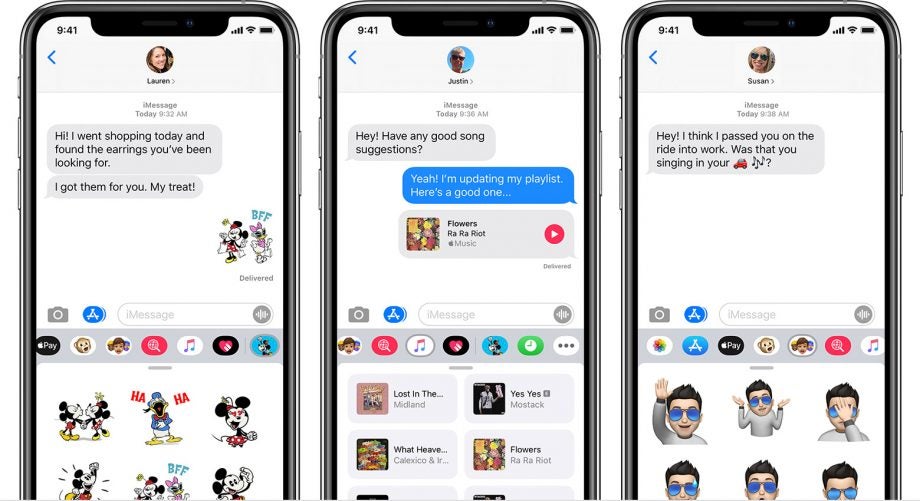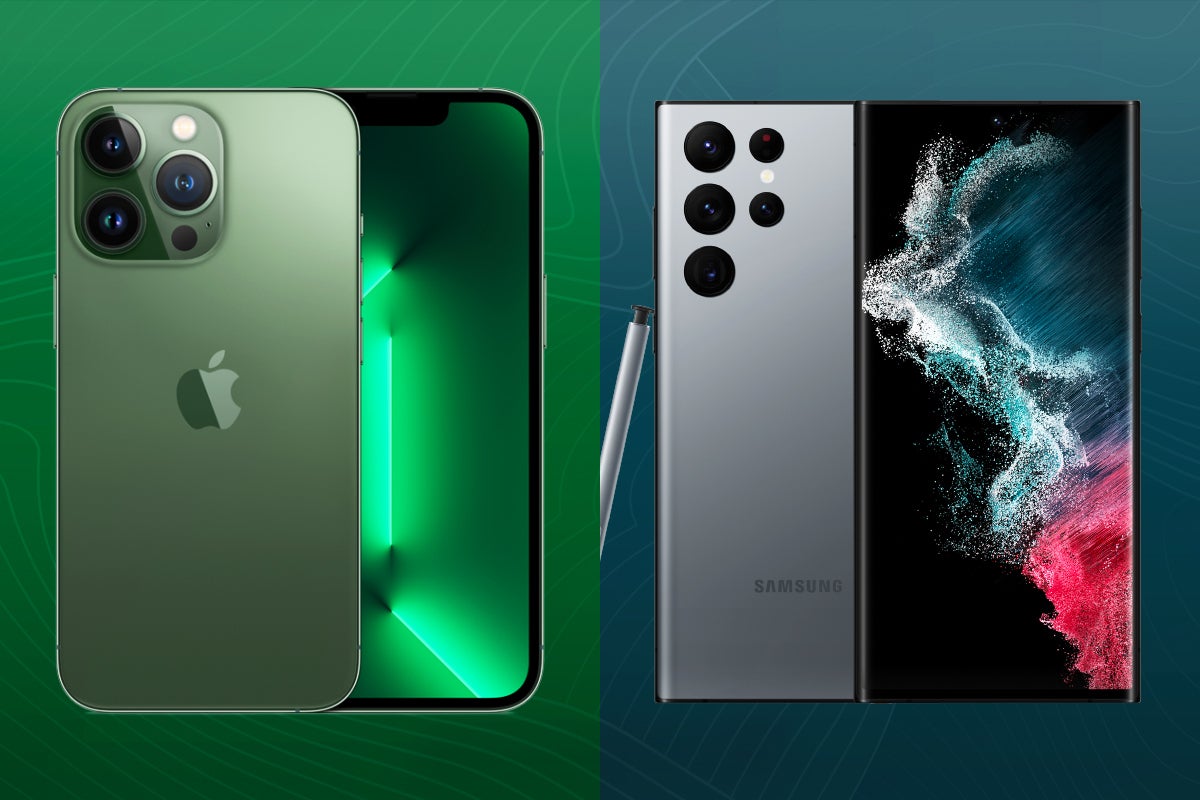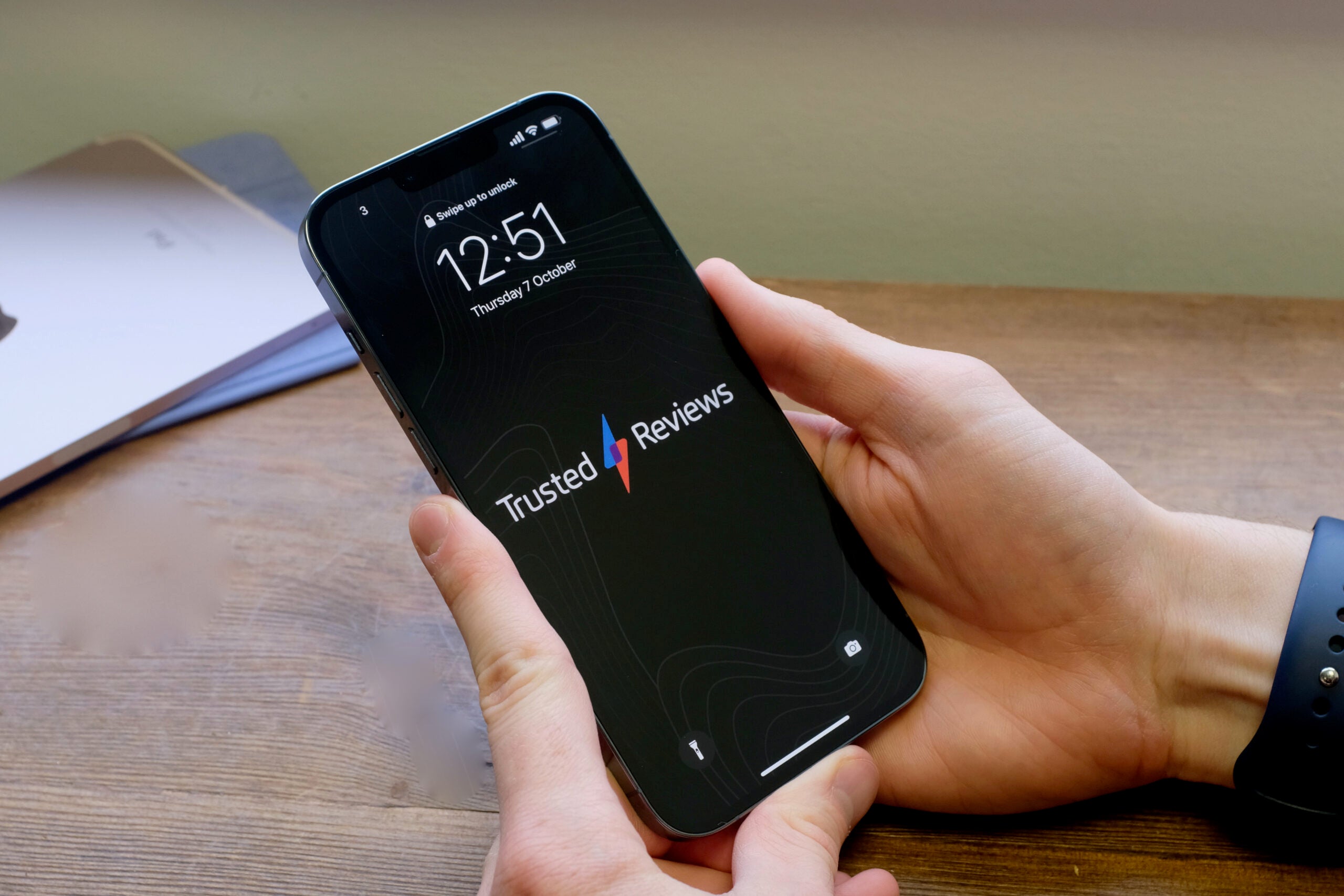Google calls for Apple to ease peer pressure and adopt RCS

Google has proposed a practical solution to the iOS-Android messaging divide, following a report on how US teens experience peer pressure to avoid those green message bubbles.
As things stand, iPhone users only receive blue message bubbles and the full iMessage feature-set they imply from other iPhone users. This is a proprietary Apple system, after all, and Android users aren’t invited to the party.
At the weekend, a report from the Wall Street Journal outlined the enormous peer pressure US teens feel to remain on iPhone and avoid being the source of the generic green message bubbles that come from an Android phone.
Those generic green message bubbles effectively signal that an SMS is being used. This is the same ancient mobile messaging technology that has been in use since 1993.
The official Android team stance on this was made clear in the following tweet:
Now Android boss Hiroshi Lockheimer, who initially issued a slightly stronger response to the tweet above, has spelled out what that existing solution is.
While many have suggested that Apple make its iMessage standard available to Android users as a universal messaging app, much the same as something as WhatsApp, Lockheimer sees a more basic solution.
RCS is a more recent addition to the mobile industry than SMS. Though still far from iMessage levels of sophistication, it’s capable of supporting multimedia, typing indicators and the like. It’s what Google’s Messages app is built on, as well as Samsung’s.
The dream of having iMessage on Android appeared to die when internal Apple correspondence on the matter emerged during the Epic v Apple court battle.
In this 2016 email thread, Apple executive Phil Schiller said: “Moving iMessage to Android will hurt us more than help us,” while Craig Federighi pipe up with “iMessage on Android would simply serve to remove [an] obstacle to iPhone families giving their kids Android phones.”
In other words, the whole blue/green bubble issue outlined by the WSJ is very much a deliberate strategy on Apple’s part.
The only hope is that Apple recognises that it is actively harming its own user base by not adopting the more secure RCS standard as a fallback.




